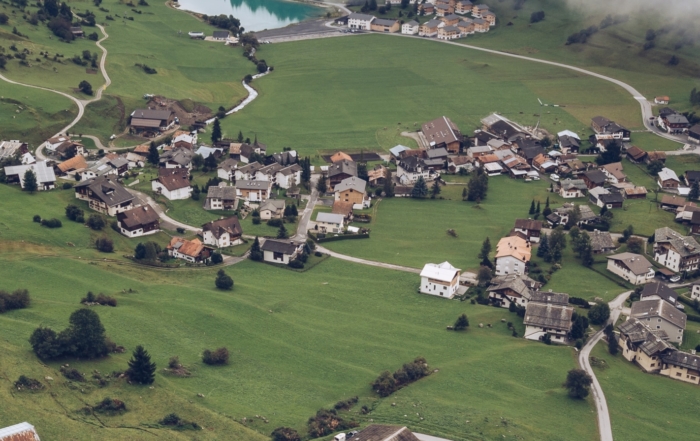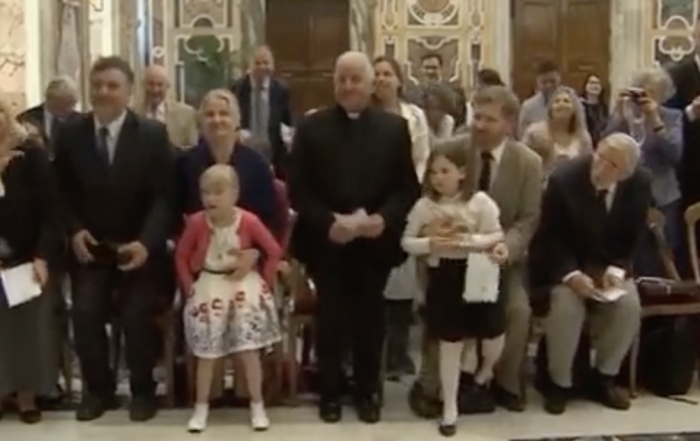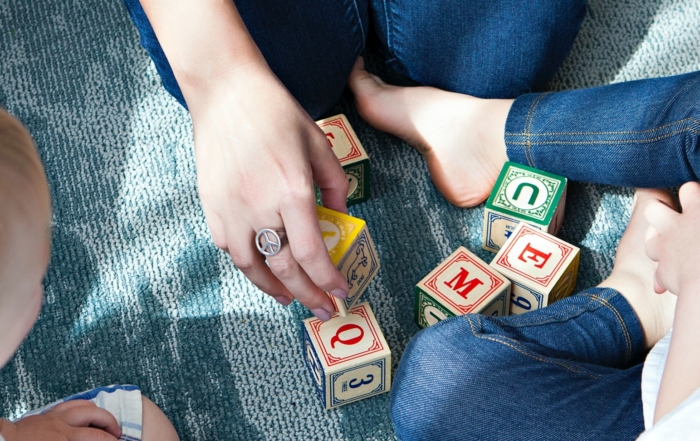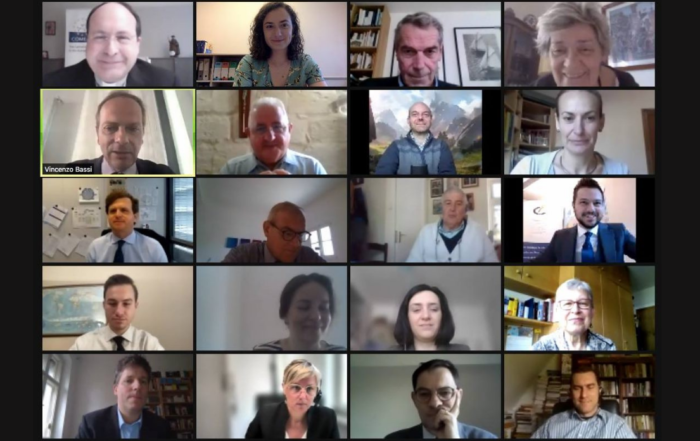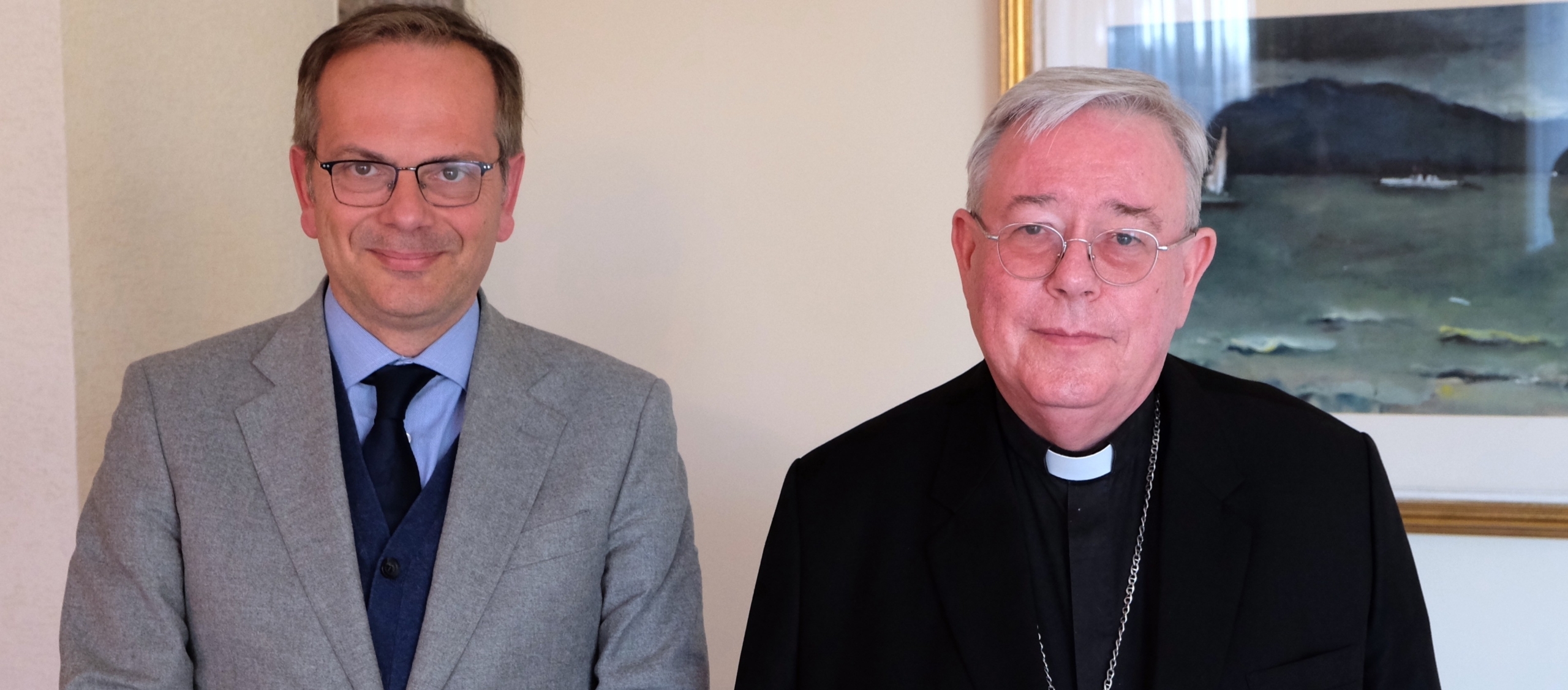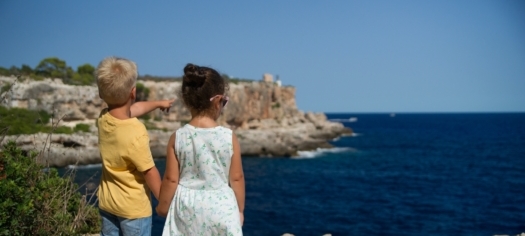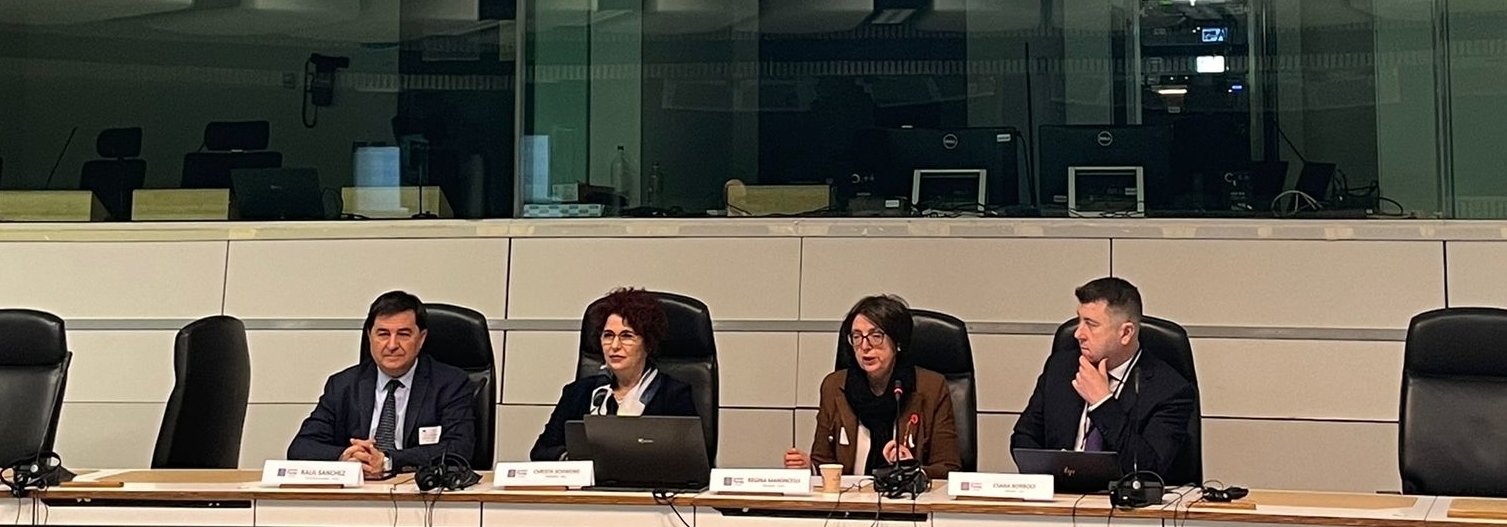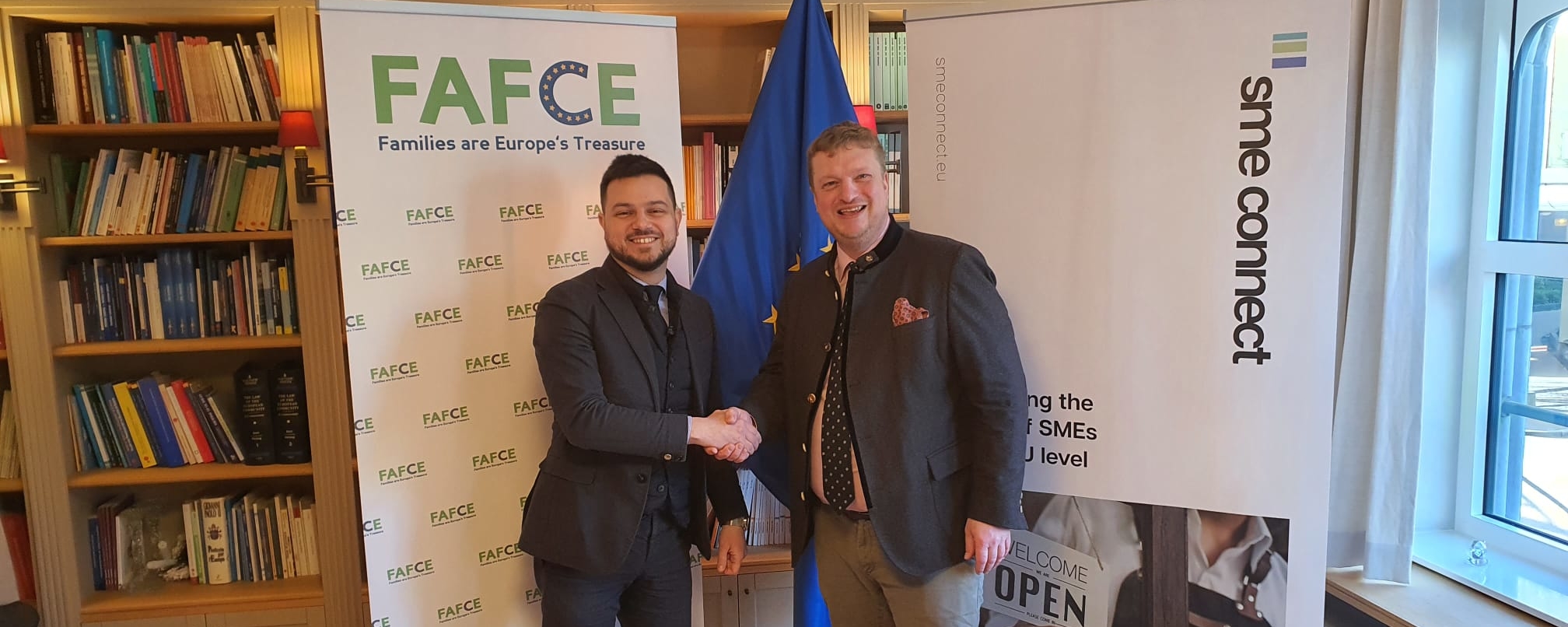Pornography
Much of the pornography currently produced and made available through the Internet stands in serious conflict with gender equality, tackling stereotypes, protection of vulnerable persons and the promotion of human rights. Harmful effects produced by the consumption and production of pornography have been documented. Pornography has been found to desensitize the consumer to sexual aggression, causing sexual aggression towards women, normalizing sexual assault, and also producing rape myths, all of which has serious consequences for any attempt to reach gender equality.The current legal reality is that there are very few effective regulations governing pornography either domestically in the European Parliament or Council of Europe region or internationally. We are trying to make awareness in this section of our site of this phenomenon in our today society which affects our families and our children.
European Commission Long-Term Vision for Rural Areas Focuses on Social Challenges
5 July 2021 On June 30th, 2021, the European Commission published its long-awaited Long-Term Vision for Rural Areas, which outlines the Commission’s strategy for developing Europe’s rural regions. The document—formally a communication to the
The EU Slovenian Presidency will “address the negative demographic trends in the EU”
25 June 2021, The EU's Slovenian Presidency will start on the 1st of July 2021 and will continue until the end of 2021. Slovenia is taking over the Council of the EU after Portugal,
Matic Report: let’s respect subsidiarity and stay focused on the future
Statement of Vincenzo Bassi, President of the Federation of Catholic Family Associations in Europe (FAFCE) Brussels, 23 June 2021 "Once again the Women's Rights Commission of the European Parliament proposes a document which, although
FAFCE Participates in “Amoris Laetitia” Forum
18 June 2021 Between the 9th and 12th of June, the Holy See’s Dicastery for Laity, Family, and Life hosted an online forum on the topic, "Where are we with
The “sexual and reproductive health and rights” of women discussed at the European Parliament
10 June 2021 Are the EU policy-makers really interested in the health of women? The Women’s Rights and Gender Equality (FEMM) Committee of the European Parliament adopted on the 11th of May 2021 a
FAFCE Webinar on “Demographic Change and the Future of Europe”: “Family policies will shape the future of Europe”
4 June 2021 On June 3rd, 2021, FAFCE organised, in cooperation with the European People's Party (EPP) working group on ‘Intercultural and religious dialogue’, a Webinar on the topic of demographic change and the
PRESS RELEASE | FAFCE Webinar on “Family work-life balance in times of changes” calls to invest in families and equal opportunities for parents
Webinar on “Family work-life balance in times of demographic changes: a tool for intergenerational solidarity” A call to invest in families and equal opportunities for parents 3rd of June 2021, Following the
FAFCE 2021 Spring Board Resolution: The Family is the Democratic and Demographic Future of Europe
27 May 2021 FAFCE Board Resolution on the Conference on the Future of Europe The Family is the Democratic and Demographic Future of Europe 27 May 2021 As a consequence of the launch of
PRESS RELEASE | FAFCE Board Members adopt a Resolution on “The Family is the Democratic and Demographic Future of Europe”
Not only does the family constitute the first school of social and civic life by teaching children how to interact with others in a respectful and complementary manner based on compromise, it also affirms the importance of these values for parents and grandparents, who learn to make sacrifices for others and experience the unique freedom created through responsibility.
JOB OFFER | Policy Officer
JOB OFFER Policy Officer Brussels, 23 March 2023 Founded in 1997, the Federation of Catholic Family Associations in Europe represents 32 family associations and organisations from 16 European Countries. The Federation has a participatory status with the Council of
PRESS RELEASE | Families and Bishops together in Europe: COMECE and FAFCE sign memorandum of understanding to enhance cooperation on family
Brussels, 20th of March 2023 COMECE and FAFCE signed on Monday 20 March 2023 a memorandum of understanding to enhance their cooperation in the field of family policies at the EU level. Cardinal Hollerich: “it is essential to support
FAFCE contributes to the public consultation on the 2023 Strategic Foresight Report
14th of March 2023 Long-term changes are having a profound effect on the lives of Europeans. The European Commission therefore includes in its work an effort to embed strategic foresight: "Foresight is the discipline of exploring, anticipating and shaping
IV Convention of the European Network of Family-Friendly Municipalities: “Innovating roots: Working for future generations”
Brussels, 7th of March 2023 FAFCE had the pleasure to participate last week in the IV Convention of the European Network of Family-Friendly Municipalities: “Innovating roots: Working for future generations” organised by the European Large Families Confederation (ELFAC). The
2023 European Day for a Work-Free Sunday: Synchronised quality resting time for an improved mental health of workers
2023 European Day for a Work-Free Sunday: Synchronised quality resting time for an improved mental health of workers 3rd of March 2023, On the occasion of the 2023 European Day for a Work-free Sunday on March 3, the European
PRESS RELEASE | Cooperation agreement between FAFCE & SME Connect: Together for a more sustainable Europe
PRESS RELEASE Cooperation agreement between FAFCE & SME Connect Together for a more sustainable Europe Brussels, 1st of March 2023 “The digital and the green transitions cannot be dissociated from the demographic transitions, we are therefore convinced of the strategic

